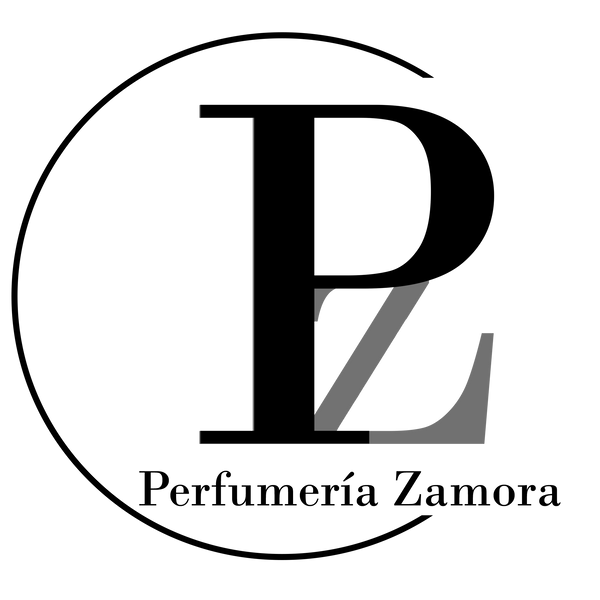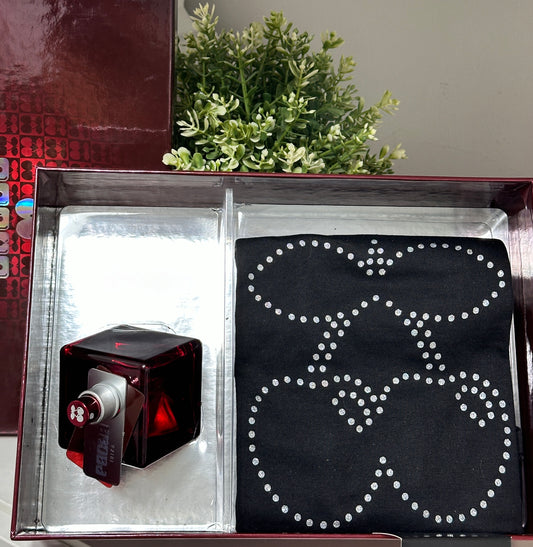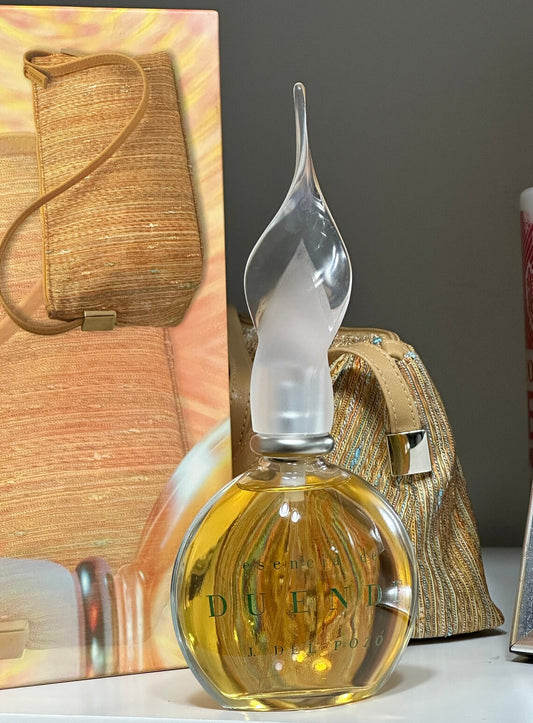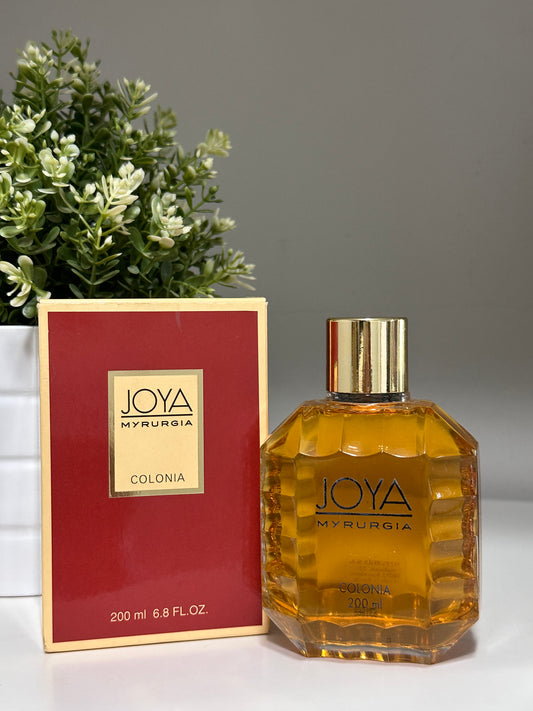History of Perfume
The history of perfume is fascinating and dates back thousands of years, reflecting the evolution of civilizations and their relationship with smell. Below, I offer you a tour of the key moments in the history of perfume:
Ancient Origins
Mesopotamia and Egypt
- Mesopotamia: The first records of the distillation of essences and essential oils come from Mesopotamia, around 3,500 BC. The Sumerians and Babylonians used fragrances in religious rituals and to embalm the dead.
- Egypt: The Egyptians were pioneers in the use of perfume for religious, medicinal and cosmetic purposes. Incense offerings to the gods were common, and pharaohs were buried with aromatic ointments. Cleopatra is famous for her use of perfume, which she used for seduction and as part of her beauty ritual.
Greece and Rome
- Greece: The Greeks adopted and perfected Egyptian practices. Hippocrates, known as the father of medicine, also used essences to treat diseases.
- Rome: The Romans took the use of perfume to new heights, not only in the personal sphere, but also in public baths and homes. Perfumes were used in almost every aspect of daily life, including religious rituals and public ceremonies.
Middle Ages
- During the Middle Ages , knowledge of perfumery was largely preserved thanks to the Arabs. Avicenna , a Persian scientist, perfected the technique of distillation, which allowed for the more efficient extraction of essential oils from flowers, especially rose water.
- In Europe, the Crusaders brought back essences and ointments from the East, which revived interest in perfumes. However, due to the influence of the Church, their use was mainly restricted to the nobility.
Renaissance and Baroque
- During the Renaissance , perfume experienced a revival in Italy and France. Queen Catherine de Medici , arriving in France from Italy in the 16th century, brought with her her personal perfumer, who introduced new techniques and formulas to the French court.
- During the Baroque period , perfume became a status symbol at the court of Louis XIV of France, known as the "Perfumed King." Louis XIV is said to have had a different fragrance for each day and his court was permeated with floral and spicy scents.
18th and 19th centuries
- In the 18th century , the use of perfume spread throughout Europe, especially in France, where the city of Grasse became the center of floral essence production.
- In the 19th century , with the development of modern chemistry, the creation of synthetic perfumes became possible. This allowed for greater accessibility to fragrances and the creation of more complex and long-lasting perfumes.
20th and 21st centuries
- The 20th century marked the arrival of great fashion designers into the world of perfumery. Coco Chanel revolutionised the industry with the launch of Chanel No. 5 in 1921, which remains one of the most iconic perfumes in the world.
- In the second half of the 20th century, perfumery diversified, creating fragrances for a broader market, including men and young people.
- In the 21st century , the trend towards natural and sustainable has driven a resurgence of interest in organic ingredients and ethical practices in perfume production. In addition, niche perfumery has gained popularity, with creators seeking to offer unique and personalized fragrances.
Conclusion
Perfume has evolved from a religious offering and embalming tool to a form of personal expression and a fashion accessory. Over the centuries, it has reflected humanity’s cultural, social and technological transformations, maintaining its status as one of the oldest and most prized luxuries.
Featured
-
ALADA MYRURGIA EAU DE TOILETTE 100ML
Regular price €64,99 EURRegular price -
PACHA IBIZA PURE PACHA EAU DE TOILETTE 100ML + T-SHIRT
Regular price €135,00 EURRegular price -
ESSENCE OF GOBLIN JESUS DEL POZO 100ML CASE
Regular price €199,00 EURRegular price -
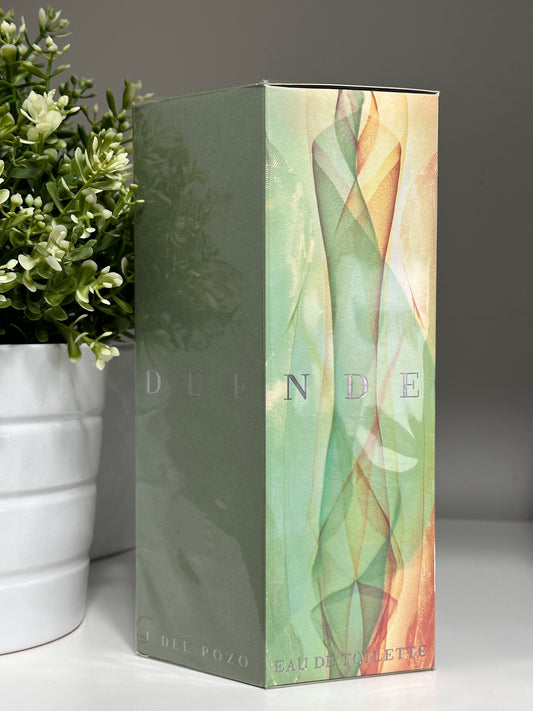 Sold out
Sold outJESUS DEL POZO ELF 100ML
Regular price €159,00 EURRegular price -
JOYA MYRURGIA COLOGNE FOR WOMAN 200ML
Regular price €174,00 EURRegular price
